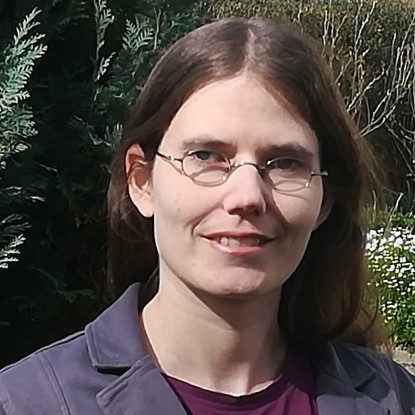5th International Workshop on CPAchecker
The goal of the 5th International Workshop on CPAchecker is to bring together researchers and practitioners that are interested in the open-source verification framework CPAchecker. The presentations include new concepts and algorithms in CPAchecker, application to interesting problems, experience reports, and discussion on further directions of the open-source project. The workshop is a presentations-only event, i.e., there are no proceedings.
Date and Location
September 28th/29th, 2020 online
Registration
There will be no registration fee.
However, we will provide the meeting credential only to registered participants. In order to participate in the workshop, you need to register here.
Program
The timezone for the event is Darmstadt local time, i.e. Central European Summer Time, UTC+02:00.
Monday, 28th of September
2:00pm Opening
Speaker: Marie-Christine Jakobs
2:45pm Recent advances of CPAchecker within Klever
Speaker: Evgeny Novikov
3:15pm Break
3:30pm Searching for data races with support for RCU
Speaker: Vadim Mutilin
4:00pm Violation Witnesses and Result Validation for Multi-Threaded Programs
Speaker: Karlheinz Friedberger
4:30pm Break
4:45pm CFA mutations for automatic debugging CPAchecker
Speaker: Oleg Petrov
Slides
5:15pm Fault-Localization with CPAchecker
Speaker: Thomas Lemberger
Tuesday, 29th of September
1:30pm Informal Get Together
2:00pm Loop summaries as Horn clauses (ongoing work)
Speaker: Gidon Ernst
2:30pm Cooperative Verification using Invariants
Speaker: Jan Haltermann
3:00pm Break
3:15pm From Configurable Towards Self-Configuring Program Analysis
Speaker: Cedric Richter
3:45pm Information Weaving for Test-Case Generation
Speaker: Sebastian Ruland
4:15pm Break
4:30pm Panel discussion
5:30pm Closing
Organization

Prof. Dr. rer. nat. Marie-Christine Jakobs
Semantics and Verification of Parallel Systems
Contact
jakobs@cs.tu-...


